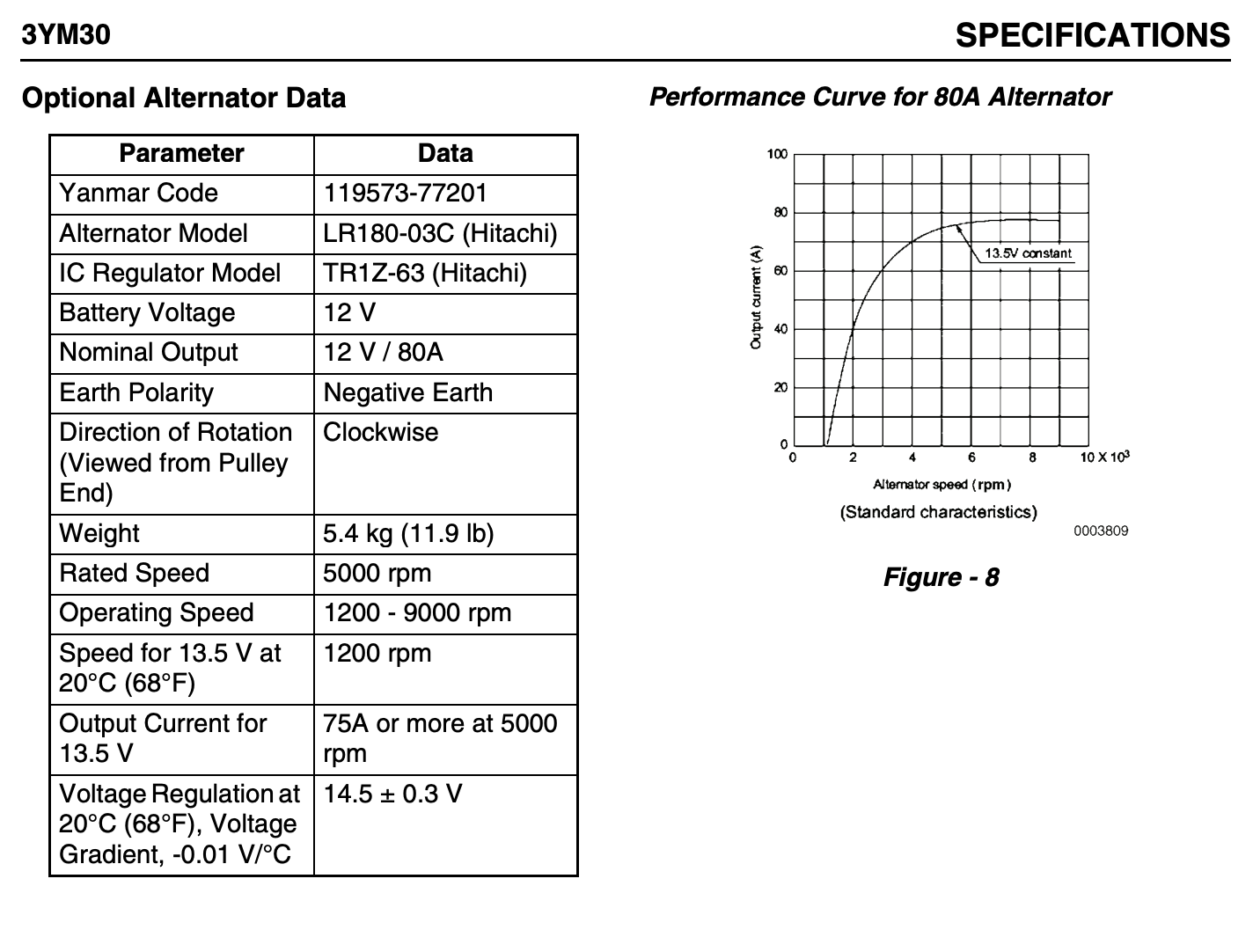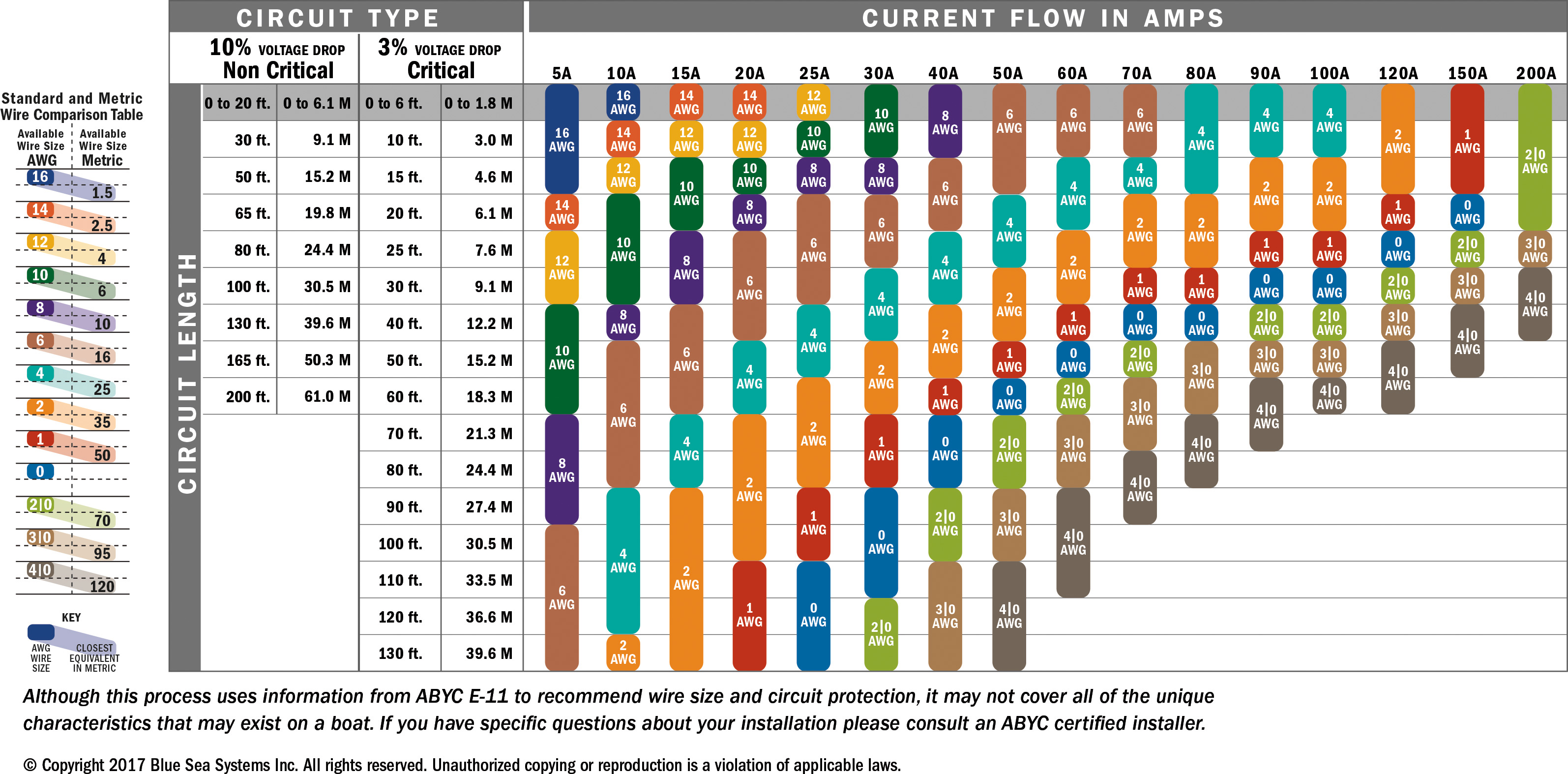Q: How to use the Orion TR Smart 12/30 when running at low RPM and the alternator cannot supply enough current?
Context:
I have recently upgraded to a lithium housebank, and just installed the Orion TR Smart 12/30 for alternator overheating protection and a better charging algorithm for my 'not so smart' Hitachti 80A alternator on my Yanmar engine.
Now this is what happens when running stationary:
- Engine start
- Start battery (input) voltage rises
- Orion TR considers engine has started, and starts charging
- Due to low RPM the alternator does not deliver 30A. The starter battery starts to supply the other (20?A) current. And the voltage drops a lot (just a simple lead start battery).
- Only after quite some time at 11.8V it considers the engine has stopped and then stops the charging.
- The voltage starts to rise again, and the Orion considers the engine to have started again, so the proces repeats.
Is this a common issue with engines running stationary? When I go for a daysail my engine runs more stationary then actually making RPM.
The only thing that would work for me would be that the Orion lowers the charging current when the voltage is dropping. But I guess that would be quite an advanced feature and is probably not built in.
My intermediate solution now is:
- Changed the settings that the input voltage lock is at 13.8V (in case the voltage drops below this, it looks that the alternator cannot supply enough current). This is more a 'safety setting' but of course leads to constant starting and stopping of charging.
- I have a manual switch , so that I can enable the charging only when I have enough RPM
But I would prefer a fit and forget solution. I considered switching to a lower output version of the Orion, but that it would take forever to get some energy in my batteries. Maybe there is another product that could solve this?
See the alternator details in the attached image.


